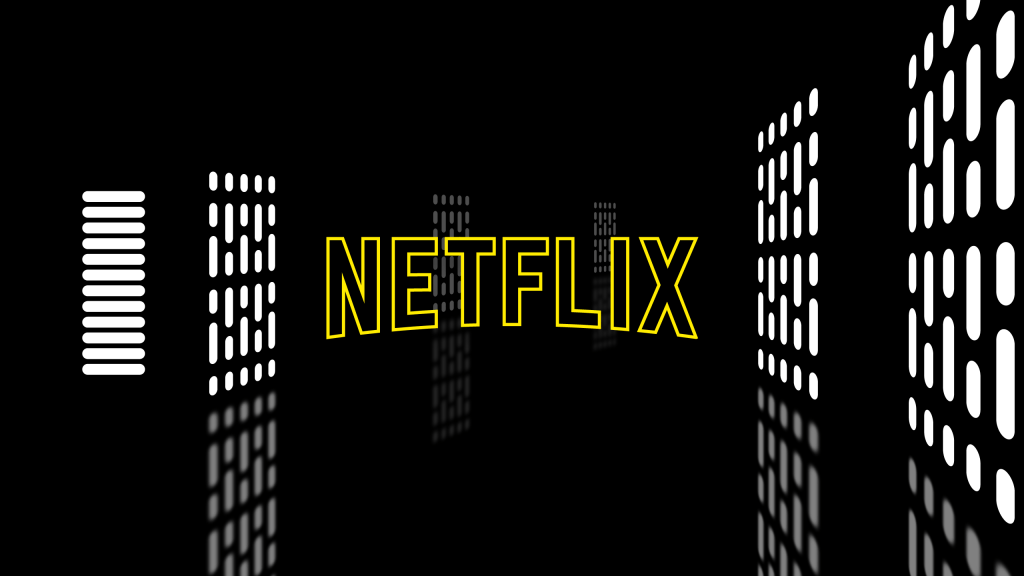Gene Hoffman
I’ve argued in the past that Netflix will have the last laugh — that its success with content production will soon rival and surpass traditional TV networks and movie studios. Now I’m more convinced than ever.
Ironically, it’s a smear campaign spearheaded by NBC to undermine Netflix that has reinforced my opinion. NBC research guru Alan Wurtzel recently leaked data that indicated one of Netflix’s most-watched shows, Jessica Jones, averages only 4.8 million viewers per episode. By comparison, the most-watched series on traditional TV channels, such as Fox’s Empire and CBS’s Big Bang Theory, reach 9 million and 8.3 million viewers, respectively.
The purpose of leaking this data, of course, is to poke holes in the Netflix business model. But, as this BGR article points out, NBC is “delusional about Netflix and the future of TV.” I couldn’t agree more.
Why? Because, on an apples-to-apples basis, Netflix is outperforming the traditional TV networks. As this Concurrent Media blog post makes clear, Wurtzel’s misleading data neglects to mention that Netflix currently reaches 42 million U.S. subscribers, compared to the 116 million U.S. households that NBC, Fox, CBS and ABC reach.
So what? So this means a show like Jessica Jones is attracting an impressive 11.4 percent of Netflix’s total subscriber base, while shows like Empire and Big Bang Theory command just 7.8 percent and 7.2 percent of their networks’ total audience, respectively.
Now scale up the Netflix audience to the level of the NBC subscriber base; a show like Jessica Jones would be reaching about 13 million viewers. That’s a number for which any exec at NBC — or any other broadcast network — would give his first-born child. The truth is that Netflix’s install base is much more engaged than NBC’s, and this should give Hollywood serious worries.
Here’s another reason why Hollywood should be worried: Netflix is now able to leverage big data to produce hit shows almost routinely. This is a feat the networks have never been able to pull off. “Netflix has created a database of American cinematic predilections,” explains an enlightening article in The Atlantic. “The data can’t tell them how to make a TV show but it can tell them what they should be making. When they create a show like House of Cards, they aren’t guessing at what people want.”
How is Netflix getting it so right? By meticulously gathering and analyzing data on customer preferences, including not just what people watch but what they search for, what they like and even where they pause, rewind and fast forward. What’s more, Netflix has broken down its content into nearly 80,000 specific genres and subgenres — everything from Emotional Independent Dramas for Hopeless Romantics to Witty Dysfunctional-Family TV Animated Comedies. Yes, those are real categories.
When Netflix people create a new show, they’re not guessing and hoping. They know if they make a show in a certain genre with a certain type of director and certain types of actors, they will likely have a hit on their hands. Call it Moneyball for the movie and TV business.
It’s amazing that Netflix has achieved this level of competence considering that it didn’t even want to get into the content game in the first place. But Netflix had little choice once it became apparent that the major production studios would starve Netflix of quality content. Now they’ve created a monster.
The goal is to become HBO faster than HBO can become us. Reed Hastings, Netflix CEO
We could soon reach a point where Netflix is creating just as many new shows as the major networks. And it’s not hard to imagine Netflix having the top five shows in America next year. The balance of power is indeed shifting that dramatically. I could also see Netflix becoming a movie studio in 2016, as the traditional film studios continue to withhold their prime content. And, given that it’s only at 42 million subscribers, it is not a stretch to think that Netflix will double its audience by the end of the decade.
In fact, Netflix CEO Reed Hastings recently quipped that “the goal is to become HBO faster than HBO can become us.” Right now, my money is on Netflix. It has the money and the data and the expertise it needs to make quality shows that subscribers will be eager to watch.
In my opinion, Netflix is already making better shows than HBO. And those shows are capturing a larger percentage of their audience. Yes, HBO has had breakout shows like The Sopranos, Entourage and Game of Thrones. But at HBO it’s often several years between such hits. By contrast, Netflix now seems capable of pumping out gold every few months.
At the same time, HBO is clearly envious of the Netflix subscription model. That’s why it recently launched HBO Now — a standalone Internet-based streaming service priced at $14.99 that allows viewers to watch HBO content without a cable or satellite subscription. But, in my mind, this could be too little, too late, given Netflix’s huge lead in the marketplace and the towering piles of cash it has on hand, and future cash flows, from its subscription model that allow it to create new content.
Not bad for a service that was initially written off by the major Hollywood players as a dumping ground for content that nobody cared about. Those big players should certainly care now, because Netflix is eating their popcorn by focusing on the most important link in the entire business — the people who want to watch great TV.































Comment